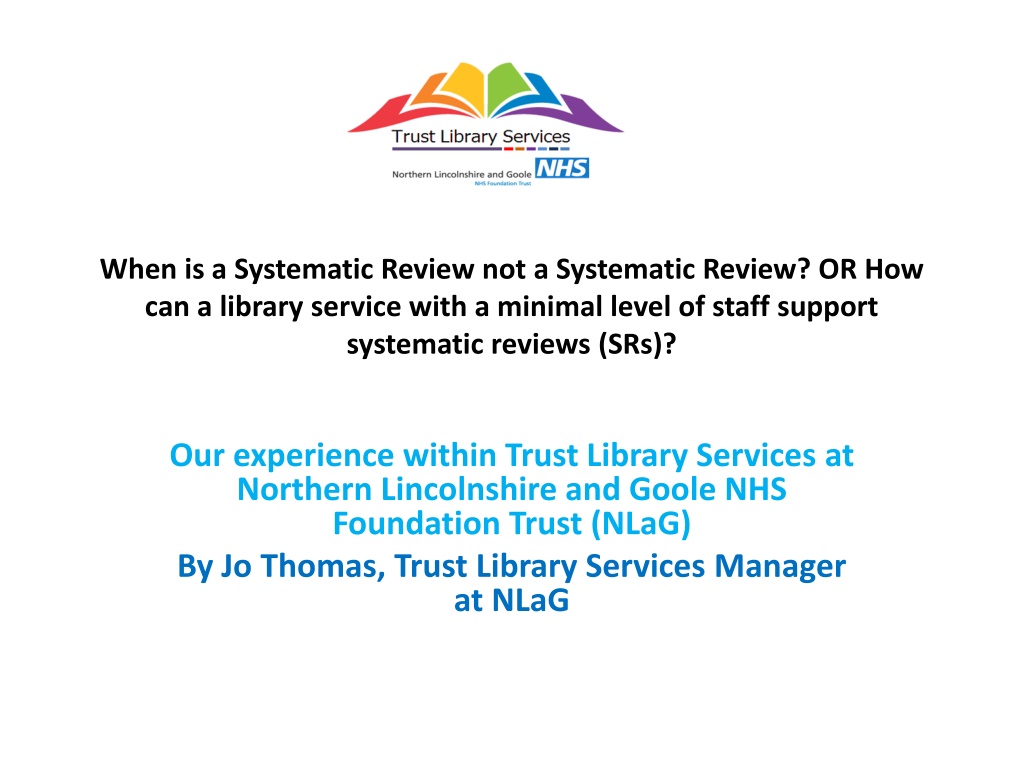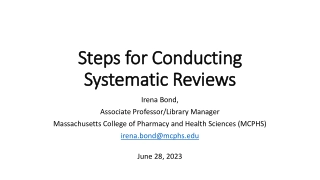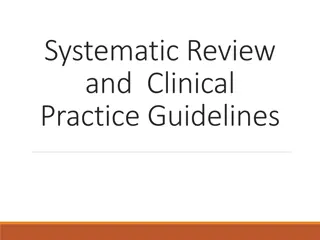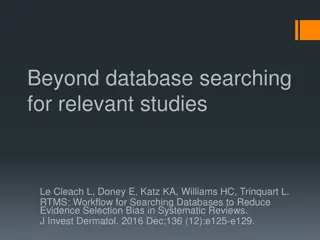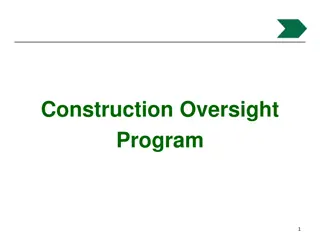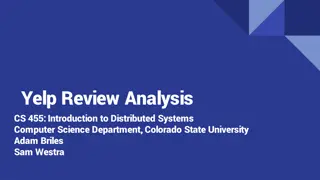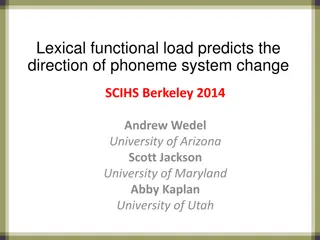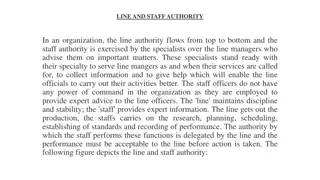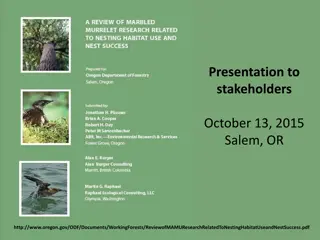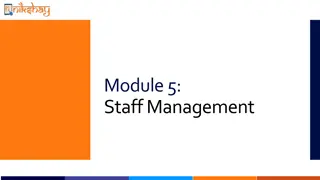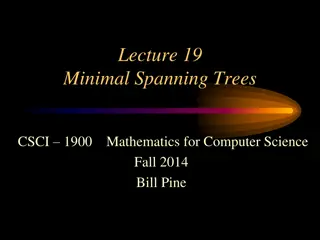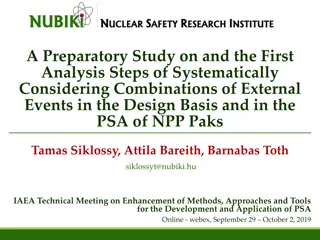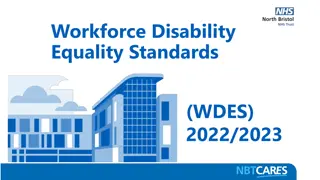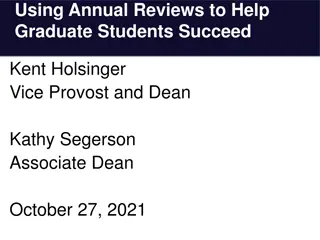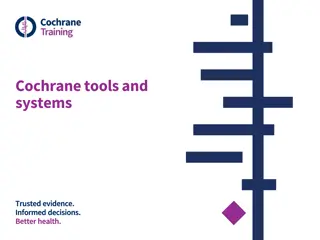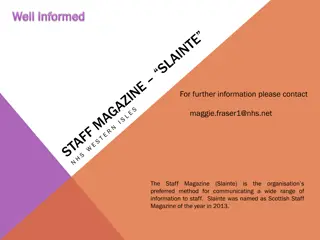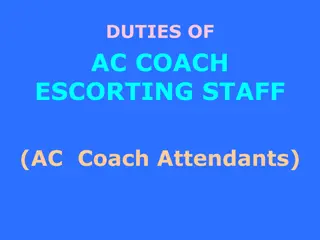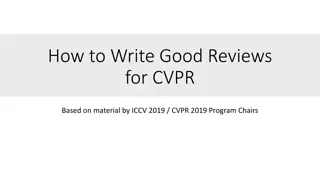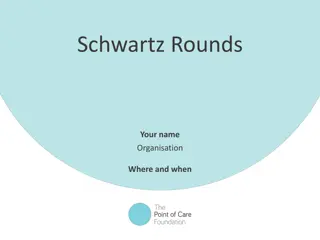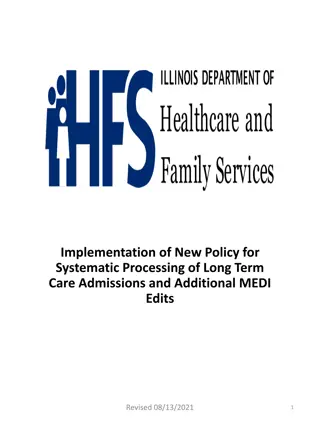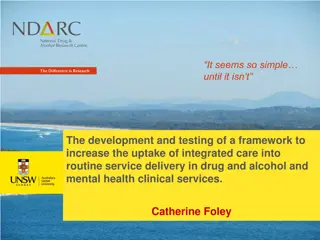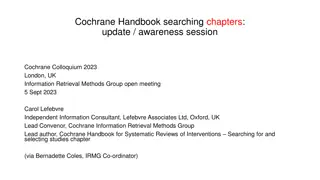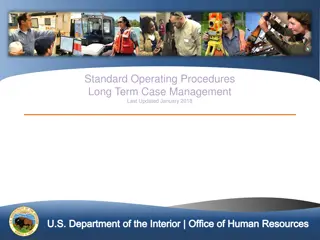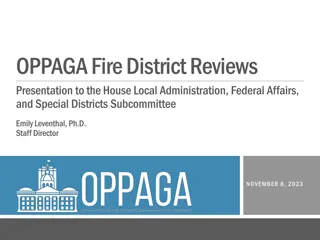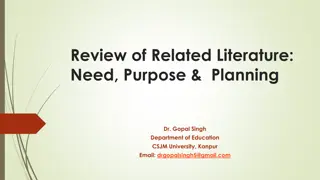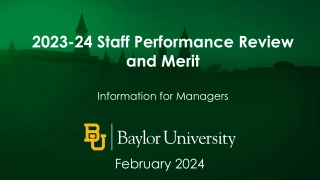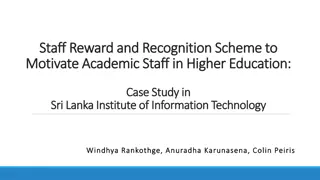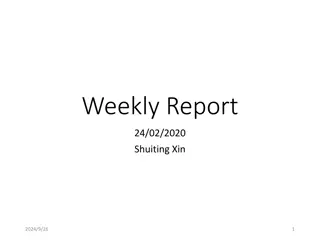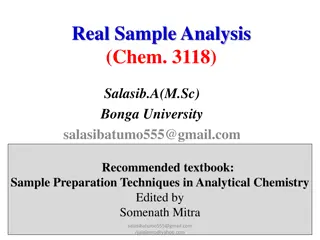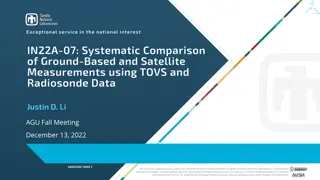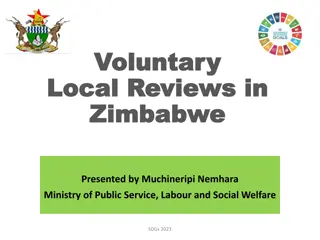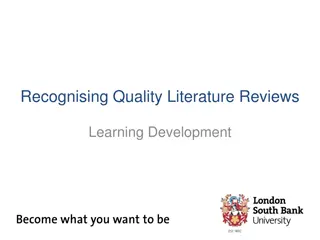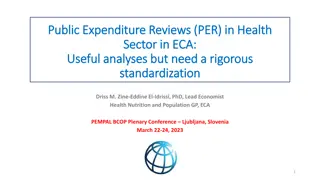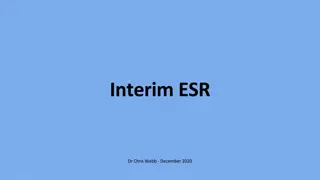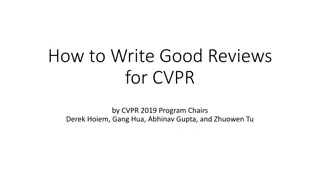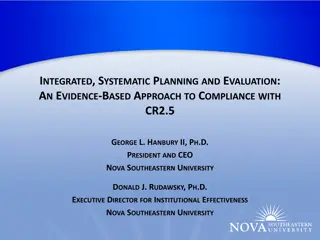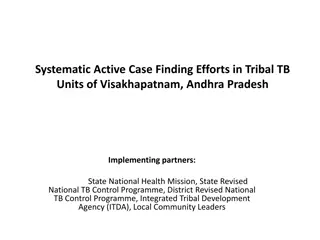Challenges in Supporting Systematic Reviews with Minimal Staff: A Case Study
Northern Lincolnshire and Goole NHS Foundation Trust Library Services faced an increase in demand for systematic reviews (SRs) with limited staff resources. Librarians play a crucial role in the SR process, offering their expertise in literature searching. Despite the benefits, challenges include time constraints and potential stress on staff.
Download Presentation

Please find below an Image/Link to download the presentation.
The content on the website is provided AS IS for your information and personal use only. It may not be sold, licensed, or shared on other websites without obtaining consent from the author. Download presentation by click this link. If you encounter any issues during the download, it is possible that the publisher has removed the file from their server.
E N D
Presentation Transcript
When is a Systematic Review not a Systematic Review? OR How can a library service with a minimal level of staff support systematic reviews (SRs)? Our experience within Trust Library Services at Northern Lincolnshire and Goole NHS Foundation Trust (NLaG) By Jo Thomas, Trust Library Services Manager at NLaG
Where we are Our Trust: Supporting acute and community services in Northern Lincolnshire and the East Riding of Yorkshire (Goole) Our Library Service: potentially serving 6,500 Trust staff plus placement students. Our staff: 4.22 wte library staff covering 2 site libraries plus outlying resource room. 2 of the staff are professionally qualified, 2.22 wte are paraprofessionals.
In 2019 and the beginning of 2020 it became noticeable that we were being asked to support systematic reviews (SRs) more than we ever have been in the past. We were excited about this, but also worried about how to manage the demand.
What is the essential contribution that librarians can make in the systematic review process? We are knowledgeable searchers :
Given that librarians are well acquainted with the anatomy of literature, they work from a very algorithmic process of deductive steps * * Thomas, B et al. (2015) Making literature reviews more ethical: a researcher and health sciences librarian collaborative process. Future Science OA, 11 (4), FSO78, p.2 Available at: https://doi.org/10.4155/FSO.15.78 [Accessed on 15 January 2020] We are happy to assist where we can It may help to raise the profile of the service The subject matter can be fascinating to those carrying out the searches.
The Cons of being called upon to carry out an increased level of support for systematic reviews: The amount of time it takes Conflicting pulls on Library & Knowledge Service staff (LKS) time inducing stress Sometimes the pastoral care that is required (can be positive too)
My own Review Conducted my own brief review of whether my colleagues/the literature reflected an increase in demand for NHS libraries to support SRs; did this in the following way: I e-mailed a message to Library & Knowledge Service (LKS) Managers in the NHS in England I carried out a literature search using Library, Information Science and Technology Abstracts (LISTA) I read the transcript of #UKmedlibs Twitter chat from 17th March 2020 on the subject of Systematic Reviews
FURTHER FINDINGS: University students are carrying out systematic reviews as part of a Master s Dissertation which may not fit with NHS LKS staff perceptions or expectations of what a systematic review is. Systematic reviews seek to collate evidence that fits pre- specified eligibility criteria in order to answer a specific research question. They aim to minimise bias by using explicit, systematic methods documented in advance with a protocol. * *Cochrane Handbook for Systematic Reviews of Interventions. Version 6.1, 2020 Series editors: Higgins, J & Thomas, J.
FURTHER FINDINGS: LKS staff are struggling to support SRs and are considering rationing time: SRs take a long time to complete at the moment: The time required to complete a full systematic review, which is often more than two years following the publication of a protocol, is a barrier both to author teams and for decision makers .Methodology for undertaking reviews more rapidly is developing quickly. However, difficult choices are required in the trade-off between rigour and speed. * *Available at training.cochrane.org/handbook/current/chapter-I, section-i- 2-3 [Accessed on 28.09.2020]
FURTHER FINDINGS: Health Education England (HEE) established that there is variation in the ratio of qualified LKS staff to support NHS staff in England. There is a lack of uniformity in the ability to draw down evidence to support the joint HEE and Chartered Institute of Library and Information Professionals (CILIP) initiative of A Million Decisions.* Health Education England (2019) NHS Library and Knowledge Services in England: Recommendations to improve the staff ratio for the number of qualified library and knowledge specialists per member of NHS workforce. Knowledge for Healthcare Policy Statement. Available at: https://www.hee.nhs.uk/sites/default/files/documents/HEE%20LKS%20Staff%20Rat io%20Policy%20January%202020.pdf [Accessed : 16 April 2020]
Documents are being produced to explain the scope of help available. Some LKS websites define the scope of support offered. Networks of LKS are developing common policies. Expert searchers have developed search guidance to help searchers who are supporting systematic reviews.
Helping our users prepare for a systematic review in a way that also helps us to prepare We have tried to develop a defined and structured service model Are we are dealing with a full systematic review? Detailing and defining the level at which we are able to assist Determining how much the researcher has thought through their request
We intend to offer a 3 tiered level of support: Advisory support Mediated searches and documentation of the search process Acquisition of relevant articles
We base the level of support that we are willing to give upon a completed work plan The questions we ask: The purpose of the SR Project timeframe Has the researcher conducted a SR before? Registration with PROSPERO Does a SR or protocol on the same subject already exist? Has the research question been devised Have any models been followed to break the research question into searchable components Limiting factors to be used Clinical databases to be used Grey literature databases to be included
Recommendations Pockets of NHS LKS staff are developing guides/populating websites with SR tools Some consolidation of advice and tools to help manage demand may be useful? Otherwise: Devise a work plan to both assist and manage expectation The work plan sympathetically reveals whether it is a literature review or systematic review Revealing the preparatory work the researcher has completed prior to approaching you.
